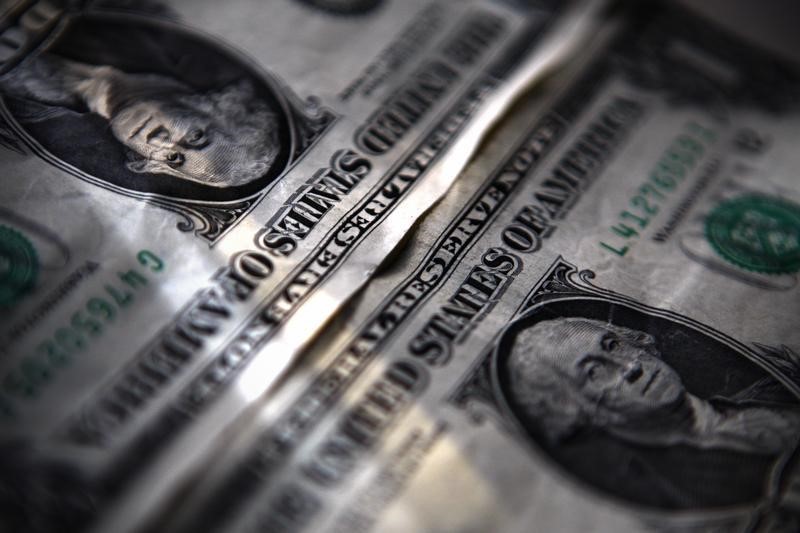* Dollar steadies, safe havens up after U.S. shuts China consulate
* China to respond on Friday - Global Times Editor
* Strong euro has dollar headed for largest weekly drop since June
* Graphic: World FX rates in 2020 https://tmsnrt.rs/2RBWI5E
By Tom Westbrook
SINGAPORE, July 24 (Reuters) - The safe-haven yen advanced to a one-month high on Friday as deteriorating Sino-U.S. relations heightened investor anxiety, while a surging euro put the beleaguered dollar on track for its worst week in a month.
China has said it "must" retaliate after the U.S. ordered its Houston consulate to shut this week, amid allegations of spying. The editor of China's Global Times said on Twitter that Beijing will announce countermeasures on Friday and ask one U.S. consulate to close. on Thursday U.S. Secretary of State Mike Pompeo said Washington and its allies must use "more creative and assertive ways" to press the Chinese Communist Party to change its ways, calling it the "mission of our time." trading volumes were lightened by a public holiday in Japan, the palpable tensions were enough to rouse the yen from a range it has kept for weeks.
The yen JPY= rose 0.3% to 106.51, its strongest since late June. The Australian and New Zealand dollars were also off from multi-month highs and the Chinese yuan struggled for headway.
"The general concern is that any escalation in U.S-China tensions is bad and is putting the trade deal at risk," said Kim Mundy, an FX analyst at the Commonwealth Bank of Australia in Sydney.
"If we see China retaliating today, our view is that Aussie and the other growth-linked commodity currencies can fall," she said, with a dip likely to shove the Aussie back in the 68 cent to 70 cent range it held for several weeks.
The Australian dollar AUD=D3 drifted higher to $0.7112, and is up about 1.7% for the week, but roughly 1% below a 15-month high touched on Wednesday. AUD/
The New Zealand dollar NZD=D3 was at $0.6641, just under a 7-month high of $0.6690 touched on Thursday.
The safe-haven Swiss franc CHF= also hit a four-month peak of 0.9243 per dollar. Weaker-than-expected U.S. employment data had rattled U.S. markets overnight. CHENGDU?
Sino-U.S. ties have deteriorated over issues ranging from the novel coronavirus pandemic, which began in China, to Beijing trade and business practices, its territorial claims in the South China Sea and its clampdown on Hong Kong.
A tit-for-tat consulate closure is shaping as among the most likely Chinese reply to the Houston consulate eviction.
A source told Reuters on Wednesday that China was considering shutting the U.S. consulate in Wuhan.
The Chinese yuan, a barometer of Sino-U.S. relations, fell overnight after the South China Morning Post reported that the U.S. consulate in Chengdu may be shuttered.
The yuan CNH=D3 last sat at 7.0058 per dollar. Other Asian currencies from the South Korean won KRW= to the Thai baht THB= and Singapore dollar SGD= were also gently pressured.
Elsewhere the tearaway euro EUR=EBS remained a tower of strength since busting through chart resistance in the afterglow of Europe's leaders agreeing on a coronavirus rescue package.
It has gained 1.6% this week, its best since late June, and 3.4% for the month so far to sit at $1.1615, just below a 21-month high hit overnight.
Sterling GBP= hung on to early-week gains at $1.2749.
Besides China's next move, investors are looking to a slew of Purchasing Managers Index figures due across Europe and the U.S. later on Friday for a read on economic recovery progress.
Focus is also on the next U.S. fiscal rescue package, which is deadlocked in Congress while a month-end deadline looms as some unemployment benefits are due to expire. concern is that a failure to get this away will impact consumer sentiment at a time when U.S. data is starting to miss the mark," said Chris Weston, head of research at Melbourne brokerage Pepperstone.
